搜索结果: 'methocult media formulations for human hematopoietic cells serum containing'
-
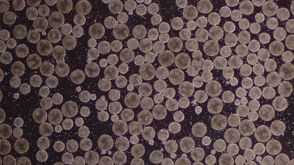 协议Robust Scale-Up of Human Pluripotent Stem Cells Using TeSR™ 3D Media
协议Robust Scale-Up of Human Pluripotent Stem Cells Using TeSR™ 3D Media产品类型:
研究方向:
干细胞生物学,细胞治疗开发
产品号#:
产品名:
-
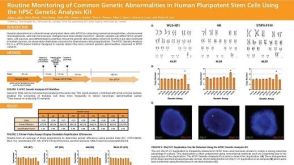 科学海报Routine Monitoring of Common Genetic Abnormalities in Human Pluripotent Stem Cells Using the hPSC Genetic Analysis Kit
科学海报Routine Monitoring of Common Genetic Abnormalities in Human Pluripotent Stem Cells Using the hPSC Genetic Analysis Kit产品类型:
Cell Dyes and Detection Assay Kits
Conference:
ISSCR 2019
产品号#:
产品名:
-
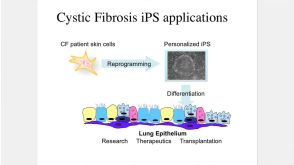 44:40
Making Lung Cells from Pluripotent Stem Cells: Disease Modeling and Future Therapies
44:40
Making Lung Cells from Pluripotent Stem Cells: Disease Modeling and Future Therapies产品类型:
产品号#:
05110
产品名:
STEMdiff™权威内胚层检测试剂盒
发布日期: 8/12/16

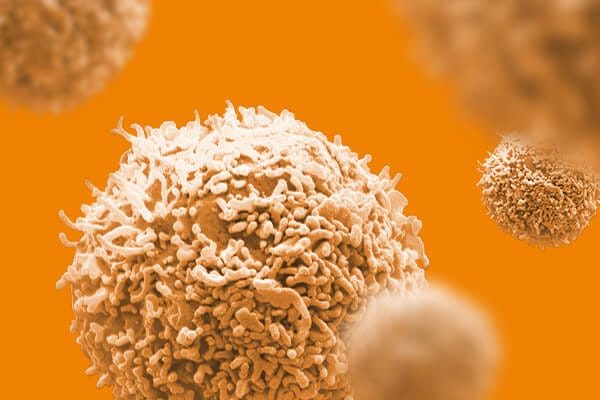
 EasySep™小鼠TIL(CD45)正选试剂盒
EasySep™小鼠TIL(CD45)正选试剂盒
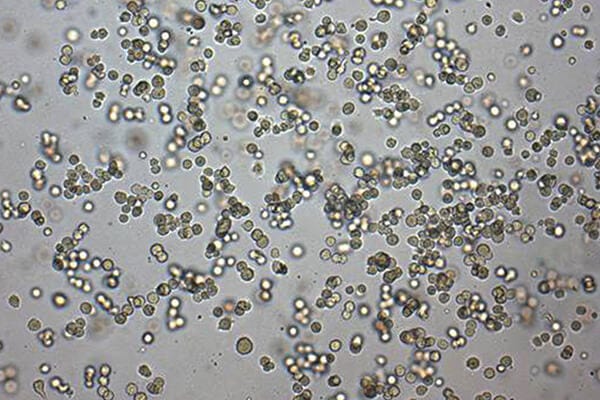
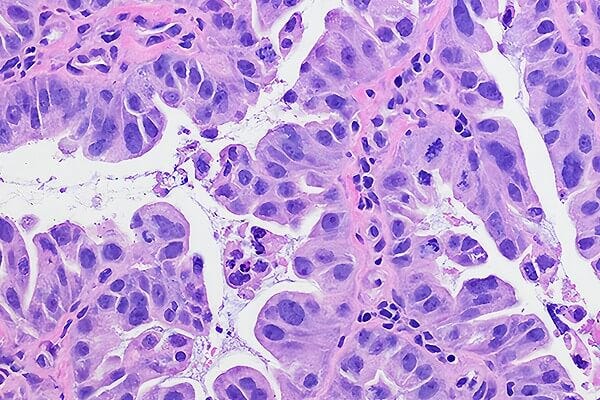


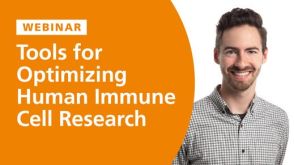
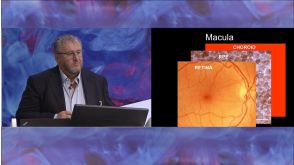
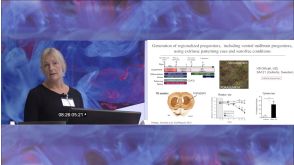

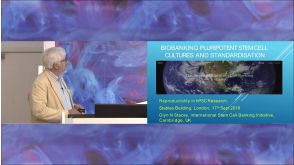
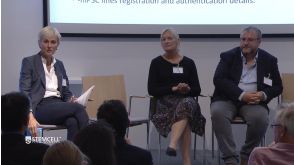
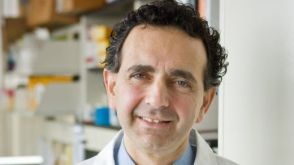
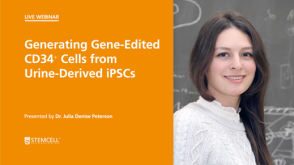
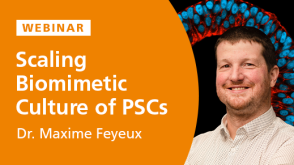

 沪公网安备31010102008431号
沪公网安备31010102008431号